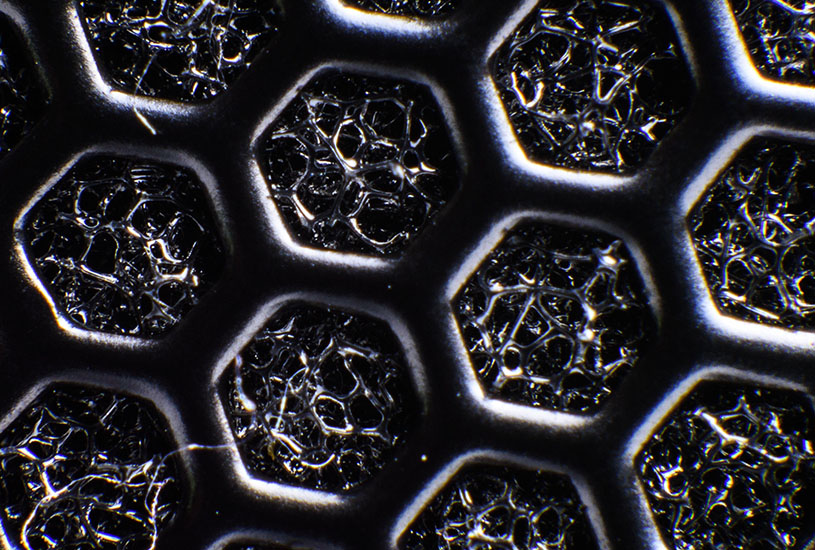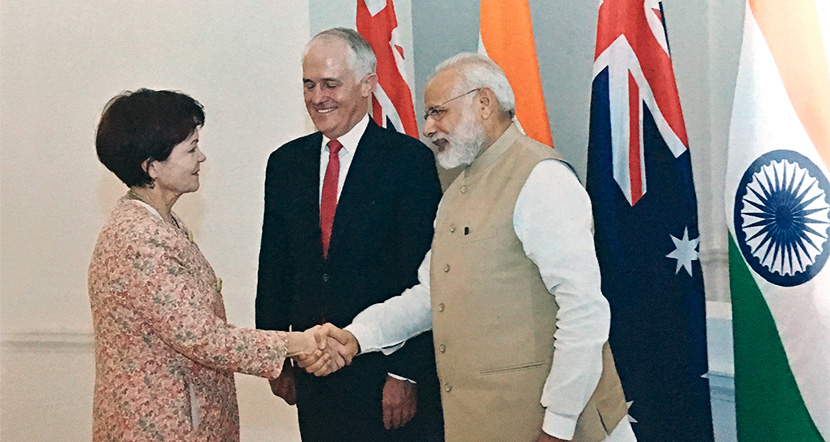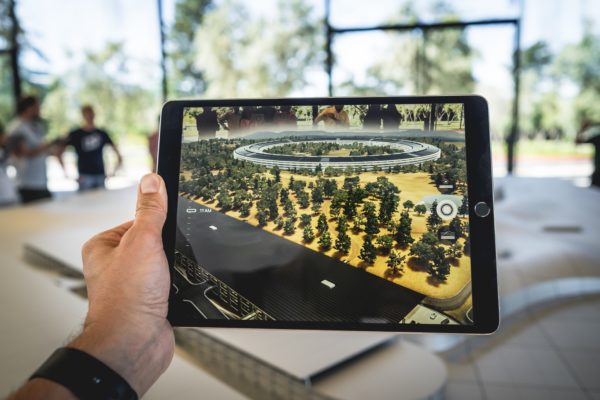New facilities in India will help researchers tackle problems of global significance.
Research into global challenges around food security and sustainable agriculture has received a boost, thanks to an expansion of the world’s first dedicated nanobiotechnology research centre, opened in India on 9 April, 2017.
The new facility, a partnership between Deakin University and The Energy and Resources Institute of India (TERI), was unveiled digitally by Australian Prime Minister, the Honourable Malcolm Turnbull, alongside Indian Prime Minister Narendra Modi, during a State Banquet at the Hyderabad House in New Delhi.
The Banquet was also attended by Deakin Vice-Chancellor Professor Jane den Hollander AO, Deakin Chancellor John Stanhope and Australian Education Minister, the Honourable Simon Birmingham.
Professor den Hollander said the new facility, within the existing TERI-Deakin Nanobiotechnology Centre (TDNBC), will improve research focused on global concerns, including water quality, efficient farming practices, waste management and innovative, agriculture-dependent, ways to treat human disease.
“With depleting natural resources and an increasing demand for food and medicines, the role of nanobiotechnology has never been more crucial to countries such as Australia and India, which are challenged by environmentally-significant factors, such as unreliable rainfall, poor soils and climate change,” Professor den Hollander said.
“These are vital issues for humanity and it is extremely satisfying to think of the hugely positive implications of this research.
“Deakin is passionate about supporting the communities we serve and ensuring our graduates are prepared for the jobs of the future. This partnership helps to ensure we can do that, while helping to make a real difference to populations around the world.”
Deakin’s Deputy Vice-Chancellor (Research) Professor Peter Hodgson said the TERI Deakin Nanobiotechnology Centre is unique.
[testimonial_text]There is nowhere else in the world where a university has a partnership with an independent research institution to develop and deliver world-class nanobiotechnology solutions to challenging agricultural and environmental issues.[/testimonial_text]
[testimonial_picture name=”Professor Peter Hodgson” details=”Deputy Vice-Chancellor (Research)”]
 [/testimonial_picture]
[/testimonial_picture]Nanotechnology enables the manipulation and building of objects at smaller and smaller scale. Nanobiotechnology is the application of these nanomaterials to medicine, agriculture, food or other biological systems.
The centre, which started when Deakin and TERI began their partnership in 2010, is currently home to 16 full-time research scientists, 13 research and technical staff, and seven PhD students. So far, eight PhD theses have been awarded under a joint PhD program between Deakin and TERI.
Students based at the centre, located at Gual Pahari near New Delhi, are enrolled as PhD candidates at Deakin and receive joint supervision from the University and TERI under the Deakin India Research Initiative (DIRI), created in 2009 to bridge the innovation gap between academia and industry.
Six to eight months are spent at Deakin with the Australian supervisor, making use of the University’s advanced research facilities.
“As the first Australian university to establish an office in India in 1994, Deakin is proud to continue to strengthen our relationship each year, providing opportunities to students around the world and helping to improve lives both in India and Australia,” Professor den Hollander said.
In its 22 years in India, Deakin has developed more than 40 strategic research and academic partnerships and 15 corporate partnerships with India’s leading universities, research institutions and corporations.
During a tour of the centre with Australian Education and Training Minister, the Honourable Simon Birmingham, Professor den Hollander also announced new scholarships for 11 of the University’s Indian-based PhD students. The three-year scholarships will cover tuition costs and are worth $1.1 million.
“We are delighted to help more students in India help Deakin to make a difference to the communities we serve with this three-year scholarship program. And we’ve been delighted from the interest in what we are doing here by the Australian Government,” Professor den Hollander said.
The Centre
The TERI Deakin Nanobiotechnology Centre (TDNBC) combines TERI’s experience in biotech applications in food, agriculture, environment and bioenergy with Deakin’s expertise in nanomaterials. The expansion of its facilities and infrastructure is the result of significant investment by both organisations and provides capacity for over 100 researchers, including 50 PhD students.
Facilities
The TDNBC is home to unique facilities and state-of-the-art equipment, including:
• Electron microscopy: scanning and transmission;
• Advanced microscopy with Confocal Microscope;
• Advanced separation techniques: GC, HPLC;
• Seed coating, rotary evaporator;
• Spectral scanner; and
• Nanoparticle analyser and much more.
This story was published by Deakin Research on April 11, 2017.





